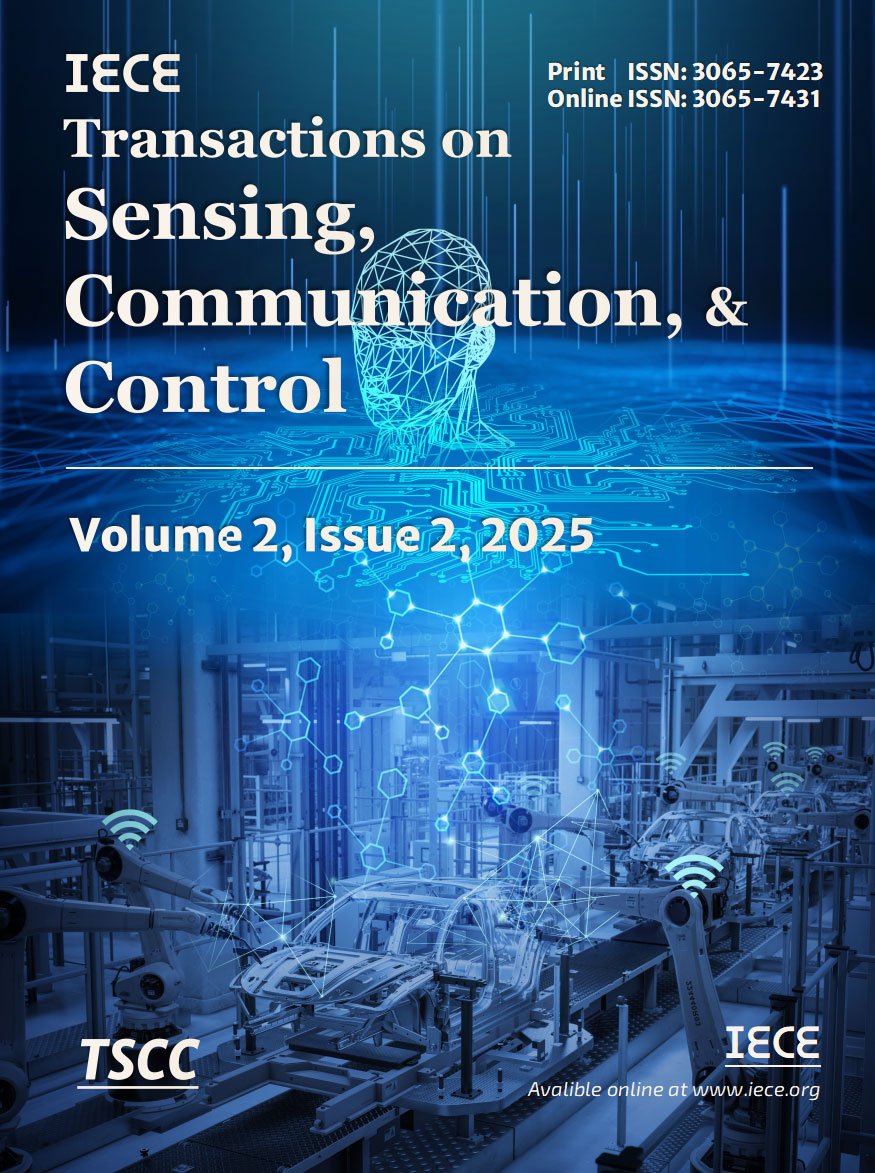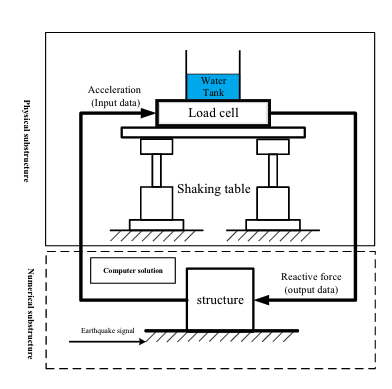Abstract
The Tuned Liquid Damper (TLD) method offers a practical and cost-effective solution for seismic design. Accurate modeling of the TLD system’s dynamic behavior is crucial for optimizing its performance. In this study, the nonlinear dynamics of the TLD system are characterized using the Housner model, with parameters estimated via a nonlinear state estimation approach. To address challenges associated with model discretization and unknown noise processes, we introduce a Robust Extended Kalman Filter (REKF) that incrementally incorporates uncertainties to more accurately capture system dynamics. The proposed method is evaluated through real-time hybrid simulation, employing seismic input signals from the El Centro and Hachinohe ground motions. Comparative analyses indicate that the robust algorithm achieves superior parameter estimation relative to conventional methods, with estimated parameters closely aligning with reference values and resulting in minimal relative error. This work underscores the efficacy of robust algorithms in TLD vibration response analysis and presents a promising approach for dynamic modeling and seismic performance optimization.
Keywords
nonlinear state estimation
robust kalman filter
TLD
Data Availability Statement
Data will be made available on request.
Funding
This work was supported without any funding.
Conflicts of Interest
The authors declare no conflicts of interest.
Ethical Approval and Consent to Participate
Not applicable.
Cite This Article
APA Style
Su, T., Zhang, Y., & Tang, Z. (2025). Parameter Estimation for the Tuned Liquid Damper Model Based on Robust Extended Kalman Filter. IECE Transactions on Sensing, Communication, and Control, 2(2), 75–84. https://doi.org/10.62762/TSCC.2025.663633
Publisher's Note
IECE stays neutral with regard to jurisdictional claims in published maps and institutional affiliations.
Rights and permissions
Institute of Emerging and Computer Engineers (IECE) or its licensor (e.g. a society or other partner) holds exclusive rights to this article under a publishing agreement with the author(s) or other rightsholder(s); author self-archiving of the accepted manuscript version of this article is solely governed by the terms of such publishing agreement and applicable law.


 Submit Manuscript
Edit a Special Issue
Submit Manuscript
Edit a Special Issue

